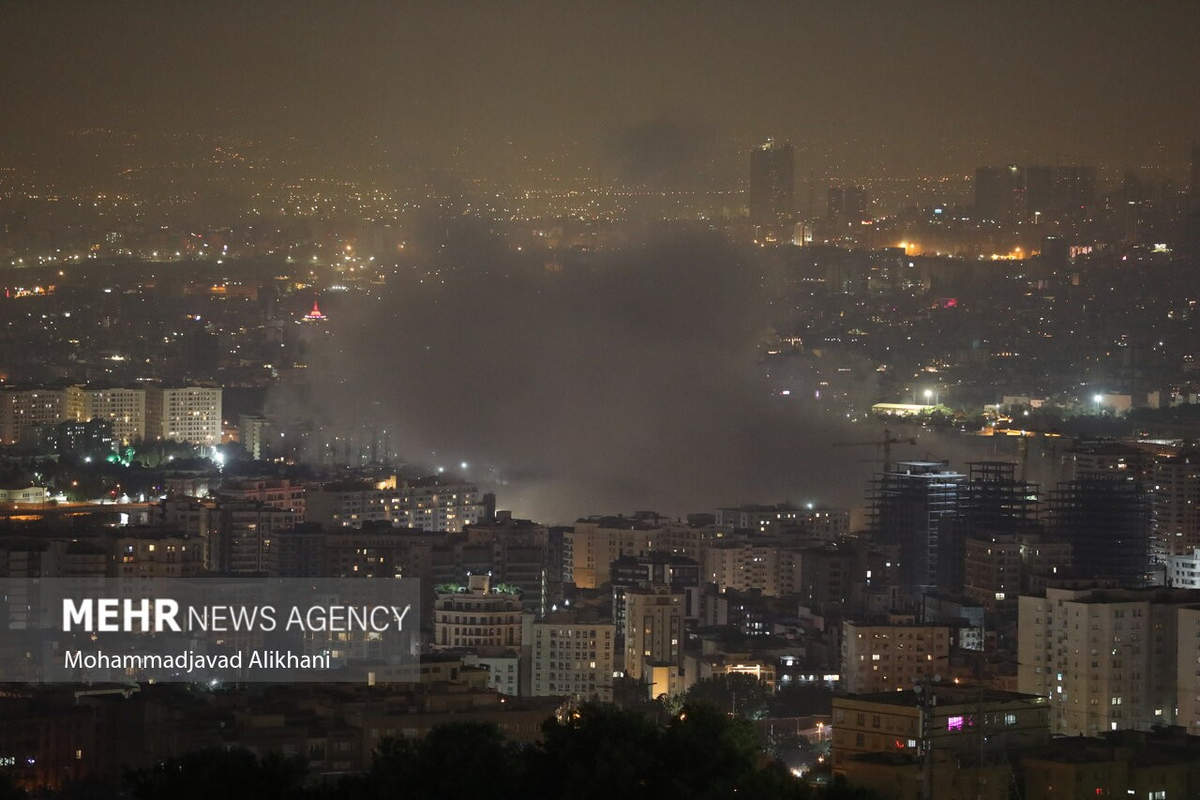On the night of June 13, Israel launched a vast air operation dubbed Operation Rising Lion, involving some 200 fighter jets, to strike over a hundred major targets: nuclear facilities (including the Natanz site), ballistic missile factories, military and scientific centers in Iran.
The main targets
- Natanz, uranium enrichment complex – several explosions sounded, formal damage recorded.
- Confirmed deaths of senior officials:
MG Hossein Salami (head of the IRGC)
MG Mohammad Bagheri (Chief of Staff)
And two nuclear scientists, Fereydoun Abbasi and Mohammad Mehdi Tehranchi.
Objectives and justification
- According to Benjamin Netanyahu, the aim was preventive strikes to stop an “existential” Iranian military nuclear program.
- The operation would last “as long as necessary to avert the threat”.
The Iranian response
In retaliation, Iran launched over 100 drones, targeting Israeli territory. The Israeli army claims to have intercepted most of them elpais.com+2aljazeera.com+2washingtonpost.com+2.
Iran promises harsh retaliation, and Supreme Leader Ali Khamenei warns: “a bitter and painful fate awaits Israel”.
Reactions and consequences
The airspace of Iran, Iraq, Jordan and Israel was closed for security reasons.
World markets reacted immediately:
- Oil (Brent) +8
- Gold up
- Stock markets and futures down
- International calls for restraint: UN, IAEA, Japan, UK, Australia, Saudi Arabia, Oman, New Zealand, etc.
- The United States says it is not involved, calling on Iran not to strike American interests.
The implications
- Evolution towards a protracted conflict?
Iranian retaliation could recreate a cycle of strikes/drones and involve the US or allies – the region is now at breaking point. - Diplomatic impact
The nuclear negotiations scheduled to take place in Oman (Muscat) have been cancelled or compromised, undermining attempts at de-escalation. - Economic consequences: Focus on a potential rise in energy costs, risks to global transport via the Strait of Hormuz, and increased market volatility.
In conclusion
Israel’s attack on Iran on June 13, 2025 represents a major escalation, with targeted strikes on key nuclear sites and senior Iranian officials, followed by a drone response. The risk of a wider conflict is growing, bringing with it major international and economic tensions. The urgency now is to monitor Iranian countermeasures, the US role in the coming days, and diplomatic attempts to stabilize the situation.
Les principaux bombardements israéliens de la nuit ont eu lieu dans la capitale Téhéran, mais ce n’est pas la seule cible.
🔴 Notre DIRECT ➡️ https://t.co/gCtq1CWjDQ pic.twitter.com/PPUFOmM13W
— Le Parisien (@le_Parisien) June 13, 2025
Cette nuit, dans un silence assourdissant,
Israël a frappé le cœur de l’Iran, directement à Téhéran.
Pas seulement un symbole.
Des installations de défense aérienne ont été visées, détruites.
Le tout sans déclaration de guerre, sans autorisation internationale,
et sans que… pic.twitter.com/tU3jR1UJsh— Bertrand SCHOLLER (@55Bellechasse) June 13, 2025
🔴ALERTE – Israël bombarde l’Iran : un pas vers la guerre totale au Moyen-Orient
Téhéran promet une riposte « mortelle ». L’Europe face à une crise essence et migratoire. Marine Le Pen, Bardella et Zemmour soutiennent Israël — au prix du chaos mondial.https://t.co/0Qh8vl3RHX
— Marcel D. (@DubreuilhMarcel) June 13, 2025

